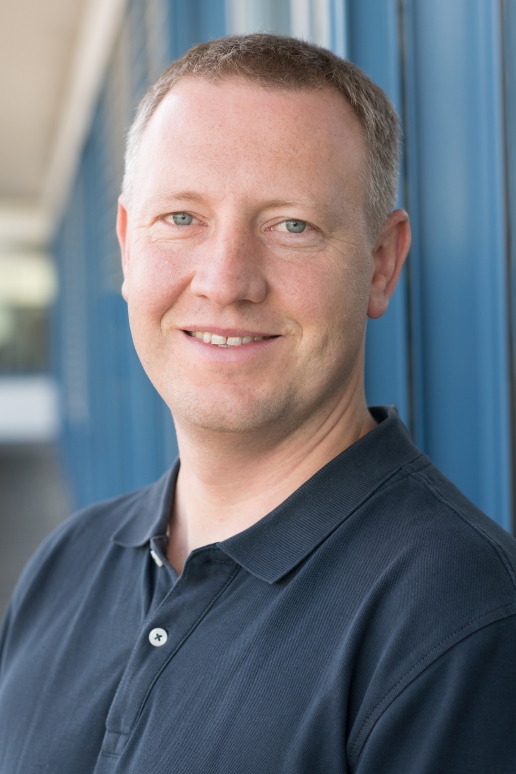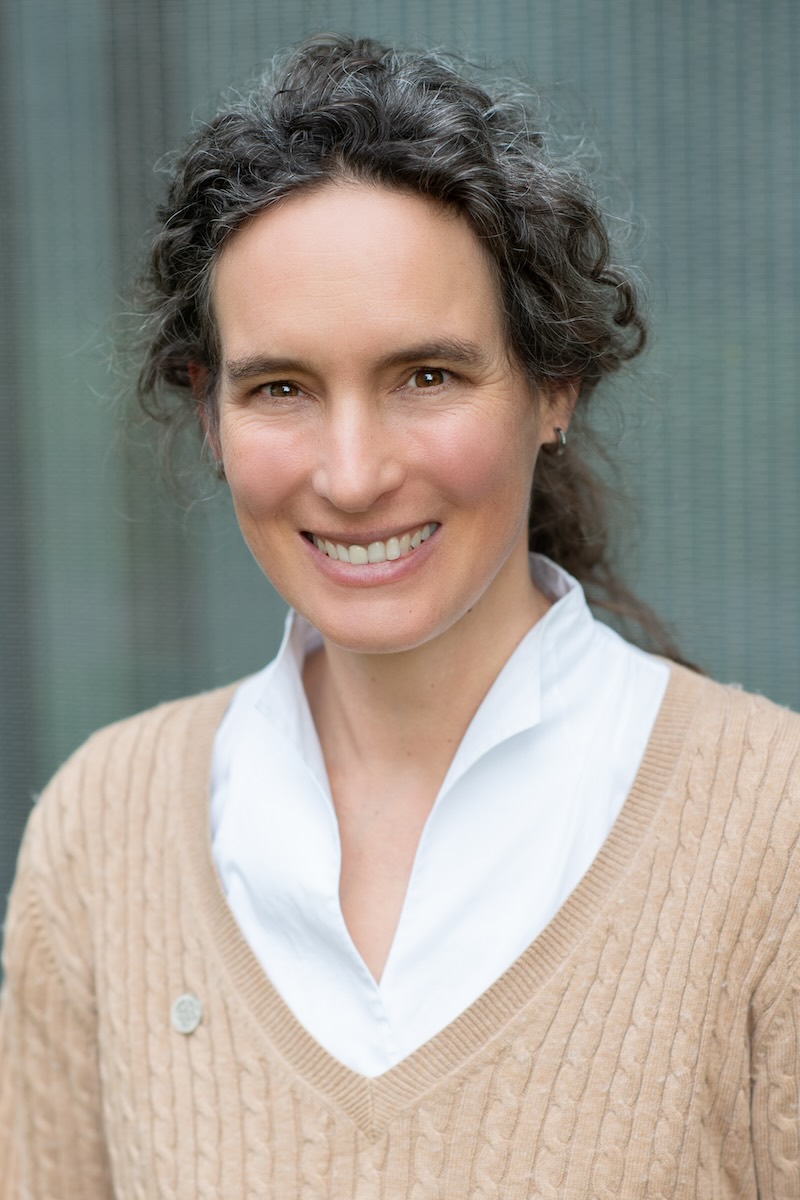Dr. Alexander Raschke

89081 Ulm
The master’s programme in software engineering at Ulm University employs a decidedly hands-on and practical approach to prepare its graduates for careers in the software industry. Students will design, develop and execute two extensive application projects giving them essential experience for successful project development.
Master of Science (MSc)
Type of studyInformation on the study curriculum
Application Start of programme120
Standard period of study (semester)4


The following competences, knowledge and skills are the essential goals of this course of study:
Last but not least, the knowledge, skills and competences acquired in the master’s programme prepare graduates to pursue doctoral studies in the information sciences.
The generous teacher to student ratio in our Software Engineering programme allows for an exceptionally good support of our students.
Reasonably sized classes and tutorial, active encouragement of study groups and additional offers like programming workshops and electronic learning platforms help our students to ease into this versatile programme, especially during their first semesters.
Core qualification goals
Interdisciplinary qualification goals
The master’s course of study continues the emphasis on real-world applications with students taking part in two extensive software projects in cooperation with industry partners. By tackling authentic challenges, students acquire detailed first-hand experience in the successful execution of software engineering projects. Master’s theses can be written on current topics of research at the university institutes or in cooperation with partners in industry. The selection of electives in the third year of the bachelor’s course can pave the way for a potential area of concentration in the master’s course. This could be a focus on theoretical topics that would lead towards a career in research, an emphasis on practical and technical skills leading more towards a career as a developer of software-intensive systems or a concentration on business competence leading towards a career in management.
(Plan. Distribution of course work over the semesters and the relevant credits. Click to enlarge.)
International students, researchers and guests will find all necessary information for their stay at the Ulm Universty at International Office
The University of Ulm is located in the heart of a region whose companies possess a strong technological and industrial orientation both in its immediate vicinity as well as in the surrounding areas. You will find medium-sized companies that are global leaders in their respective markets as well as local subsidiaries and headquarters of major global concerns such as BMW, Bosch, Cassidian, Continental, Daimler, EADS, IBM, Liebherr, NSN, Porsche, Siemens or Zeiss. These companies maintain their international leadership position by closely following trends in scientific research in order to develop cutting-edge innovative products. As a result, they compete for graduates in their high-demand technological fields.
Regardless of their chosen subspecialty, all graduates of the Master’s Programme in Computer Science of the University of Ulm will encounter excellent career opportunities both locally and internationally. The university maintains a robust working relationship with the aforementioned and other companies and students of the engineering sciences have many opportunities to acquire practical experience through voluntary internships and work-study positions. Many students at the University of Ulm choose to write their master’s thesis on topic of current research and development directly related to their practical experiences.
The majority of our students are seeking to garner a position in research and development at local and international companies. They come to the University of Ulm because they recognise that our programme’s broad training and methods-oriented approach will provide them with optimal prerequisites and opportunities for reaching their goals. Many candidates also find employment in management, production optimisation, application and distribution.
The demand for highly-trained graduates of the engineering and information sciences currently far outpaces supply, such that virtually every graduate is sure to find employment.
With their methods-oriented and scientifically broad training, graduates of the engineering and information sciences of the University of Ulm are also optimally positioned to pursue careers in university research and doctoral studies. The master’s degree is the gateway to careers at institutions of higher learning, universities and research institutes.
Student society of Computer Science
Commission
Dean of Studies: Prof. Dr. Birte Glimm
Subject-specific student advice: Dr. Alexander Raschke
Examinations committee: Prof. Dr. Enno Ohlebusch
Auslandsstudium: Professor Dr.-Ing. Frank Slomka Ph.D Sabine Habermalz (Erasmus, International Office), Brigitte Baur (BW Austauschprogramme, International Office)